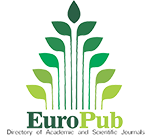Multicriteria decision analysis for fruits and vegetables routes based on the food miles concept
DOI:
https://doi.org/10.48162/rev.39.069Palabras clave:
rendimiento logístico, millas de alimentos, PROMETHEE, venta al por mayor, distribucion de comida, transporte, MCDA, cadena de suministro de alimentosResumen
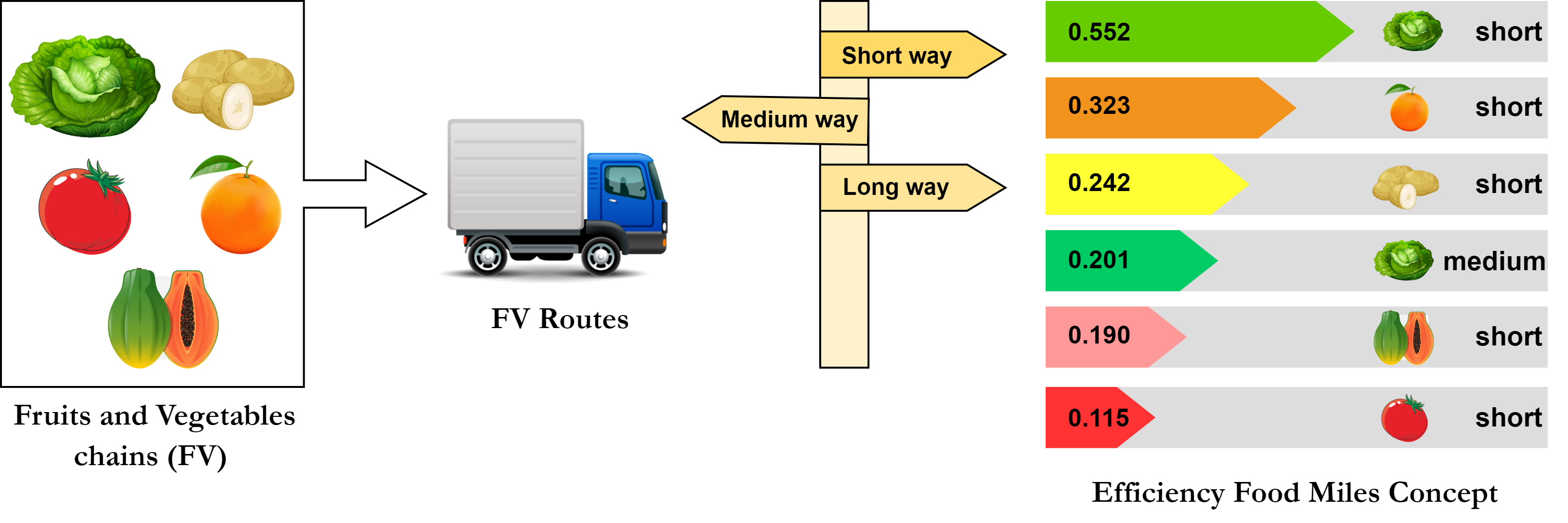
The aim of this research is to propose a performance evaluation system to rank the efficiency of fruit and vegetables (FV) distribution routes based on selected criteria related to logistic, distribution practices and physical losses that are part of the attributes associated with the food miles concept. To achieve this end, the multicriteria Preference Ranking Method for Enrichment Evaluation (PROMETHEE) was adopted. The distance that a food item travels from the field to the table is an important logistical indicator and sooner it arrives in the hands of the consumer, the greater the degree of preservation of quality, i.e., the integrity of the item’s sensory and organoleptic characteristics. An analysis of the logistics involved should take into consideration issues such as distance, transportation time, pollutant emissions, conditioning, and all the other attributes pertinent to the food miles concept. Short routes were the most efficient, however the perishability of the product was not the main factor, this is because aspects related to a good ability to offer products, transport them safely and assertiveness in predicting demand contributed more to the high efficiency rates, thereby, it is the short routes that service the predilections of consumers who value locally produced food.
Highlights:
- The performance of the efficiency of fruit and vegetables (FV) distribution based on food miles concept revels that the distance attribute is an important parameter;
- Product perishability was not the main factor that influenced the routes efficiency raking;
- Routes performance is multidimensional, considering operational aspects and sales management, safe transportation and assertiveness in predicting demand further, contributed to efficiency rates and reducing food losses and waste.
Descargas
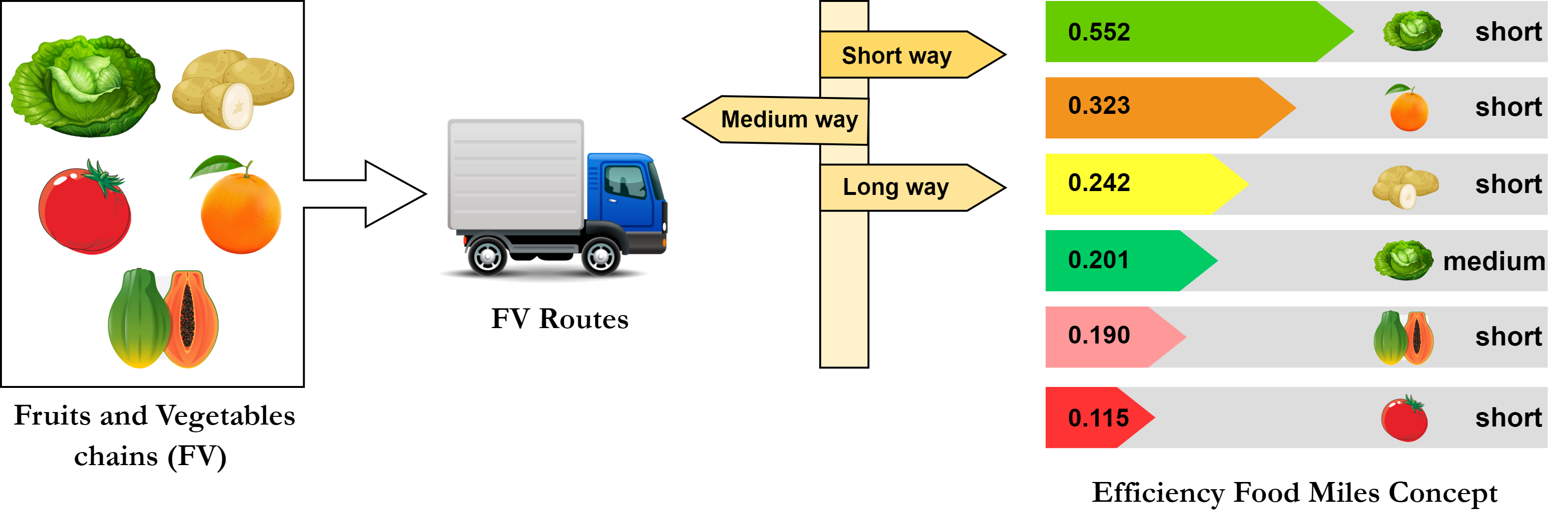
Descargas
Publicado
Cómo citar
Número
Sección
Licencia
Derechos de autor 2018 Revista de la Facultad de Ciencias Agrarias UNCuyo

Esta obra está bajo una licencia internacional Creative Commons Reconocimiento-NoComercial-CompartirIgual 3.0.
Aquellos autores/as que tengan publicaciones con esta revista, aceptan las Políticas Editoriales.

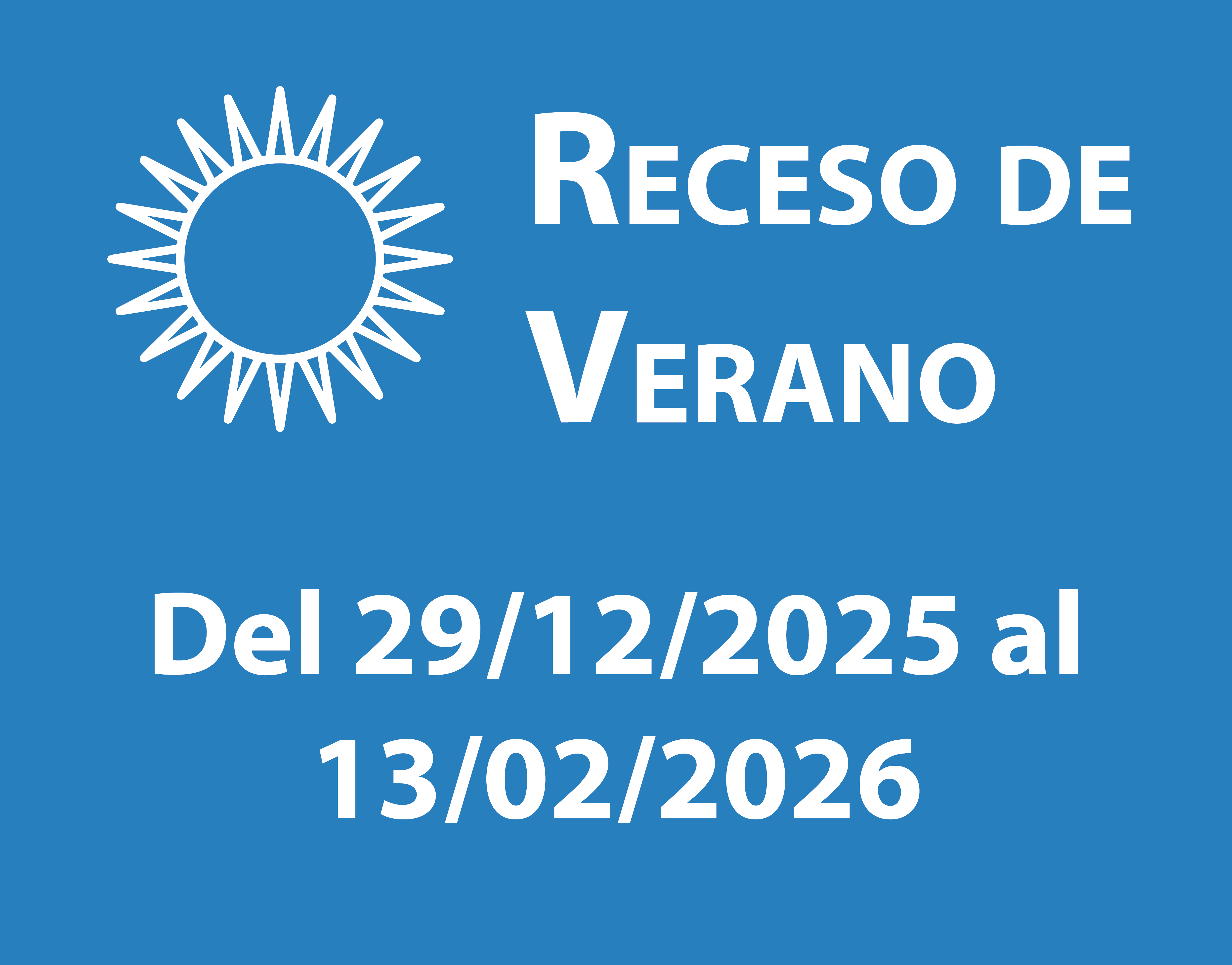

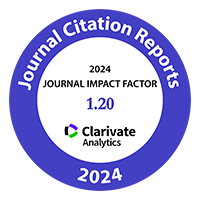




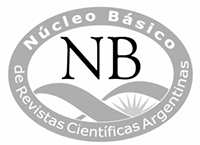


.jpg)
